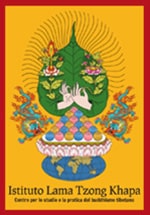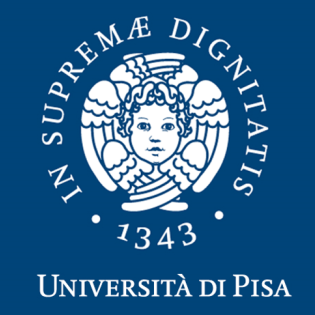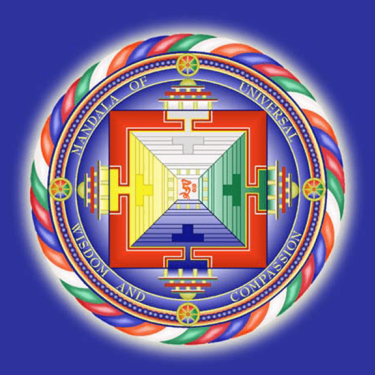
Since its foundation, many Tibetan Masters have taught at the Institute including His Holiness the 14th Dalai Lama, His Holiness Sakya Trizin, Kyabje Yongzin Ling Rinpoche, Kyabje Serkong Tsenshab Rinpoche, Kyabje Song Rinpoche, Gomo Rinpoche, Dagri Rinpoche, Dakpa Rinpoche, Dagpo Rinpoche, Dagyab Rinpoche, Geshe Tashi Bum, Geshe Rabten, and many other great Masters, among them the founders of the Institute Lama Thubten Yeshe and Lama Zopa Rinpoche, the resident Masters of the past Geshe Yeshe Tobden, Geshe Ciampa Ghiatso and Khensur Ciampa Tegchok and current resident Masters Geshe Tenzin Tenphel and Geshe Jampa Gelek.
From 1976 onwards, the Institute has developed becoming on of the leading contemplation centers in Europe. As an international educational facility with residing teaching Tibetan monks from 1983 on, ILTK has attracted people with different backgrounds from all over the world, interested in exploring their understanding of the Buddha's teachings and of their own inner nature through the dedicated study of Buddhist practice and philosophy.
ILKT offers training in philosophy, psychology and meditation held by influent and qualified scholars that convey the Shakyamuni Buddha's (IV century B.C.) teachings in a continuous legacy, as well as arranging workshops and lectures on related themes and techniques. Courses range from the very short to the long duration, addressing both students, practitioners and anyone who may simply be interested in these topics in a non-professional fashion.


